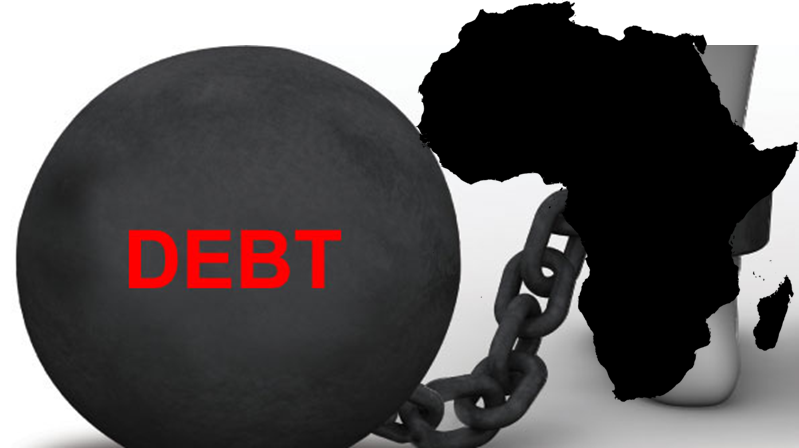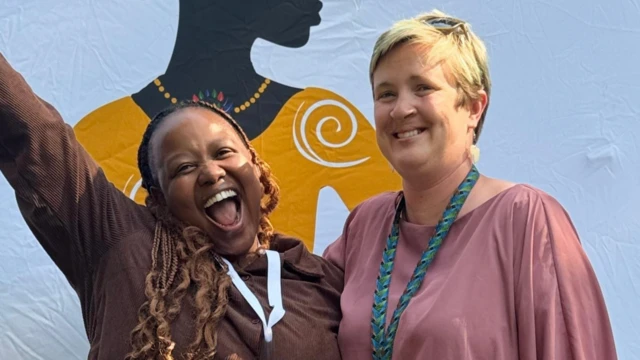As Africa’s public debt continues to climb—both in terms of external and domestic liabilities—nations across the continent find themselves caught between the necessity of debt servicing and the urgent need for essential development. While this debt crisis presents a major challenge, there are pathways to manage it effectively if strategic approaches are adopted.
The global economic landscape is currently shaped by a series of intertwined crises that have disrupted economic stability worldwide. While many economies are gradually recovering from the aftermath of the pandemic, they continue to face persistent challenges that have deepened inequality and slowed progress. Among these challenges, the sharp rise in global public debt has become a pressing concern for the international community, particularly for African nations.
Though some African economies experienced a modest rebound after the Covid-19 pandemic, ongoing geopolitical tensions and a heavy reliance on external financial resources have destabilized their recovery. The combination of rising global interest rates, a stronger U.S. dollar, and inflationary pressures has strained trade balances, making it even harder for African nations to meet both debt obligations and development needs.
In 2021 alone, countries in sub-Saharan Africa spent approximately $84 billion on debt servicing, while those in the Middle East and North Africa faced a debt service bill of around $45 billion. The burden of these payments is squeezing the fiscal space needed to fund critical infrastructure projects, social services, and economic reforms aimed at poverty reduction and sustainable development.
Looking ahead, the World Bank projects that global debt servicing costs will rise by 12% by 2024, with Africa expected to pay an estimated $163 billion just to service its outstanding debt. Even though debt servicing is anticipated to peak in 2024 before gradually declining, the cost will remain significantly above pre-pandemic levels for years to come, placing continued pressure on national budgets.
This escalating debt crisis has forced many African governments into difficult trade-offs, balancing the immediate need to service their debts with the equally pressing requirement to invest in development goals that are critical for long-term stability. Infrastructure, healthcare, education, and social welfare programs—essential pillars of sustainable development—are increasingly underfunded as governments divert resources toward debt repayment. The rising debt-service costs also reduce the ability of countries to invest in climate resilience, digital transformation, and other forward-looking initiatives vital to Africa’s future.
However, managing this debt burden is not an insurmountable task. Financial experts argue that comprehensive debt restructuring, improved domestic resource mobilization, and enhanced regional cooperation are essential steps for African nations to regain fiscal stability. Moreover, better engagement with global financial institutions, such as the International Monetary Fund (IMF) and the World Bank, can help secure favorable terms for debt relief and ensure more equitable access to international financial markets.
In addition to these measures, fostering stronger public-private partnerships, boosting local industry, and enhancing intra-African trade through initiatives like the African Continental Free Trade Area (AfCFTA) will be key to unlocking economic growth. By leveraging Africa’s vast human and natural resources, countries can reduce dependency on external borrowing and gradually shift toward a more self-sustaining economic model.
Ultimately, the rising public debt in Africa is both a challenge and an opportunity. While the current debt levels are concerning, they also underscore the need for transformative economic reforms. If African governments can adopt innovative financial strategies and invest in long-term development goals, the continent can break free from the cycle of debt dependency and chart a path toward sustainable growth and prosperity.














Leave a comment